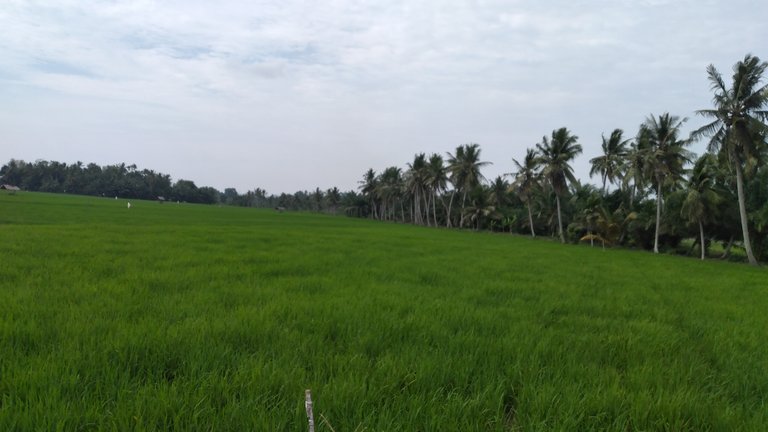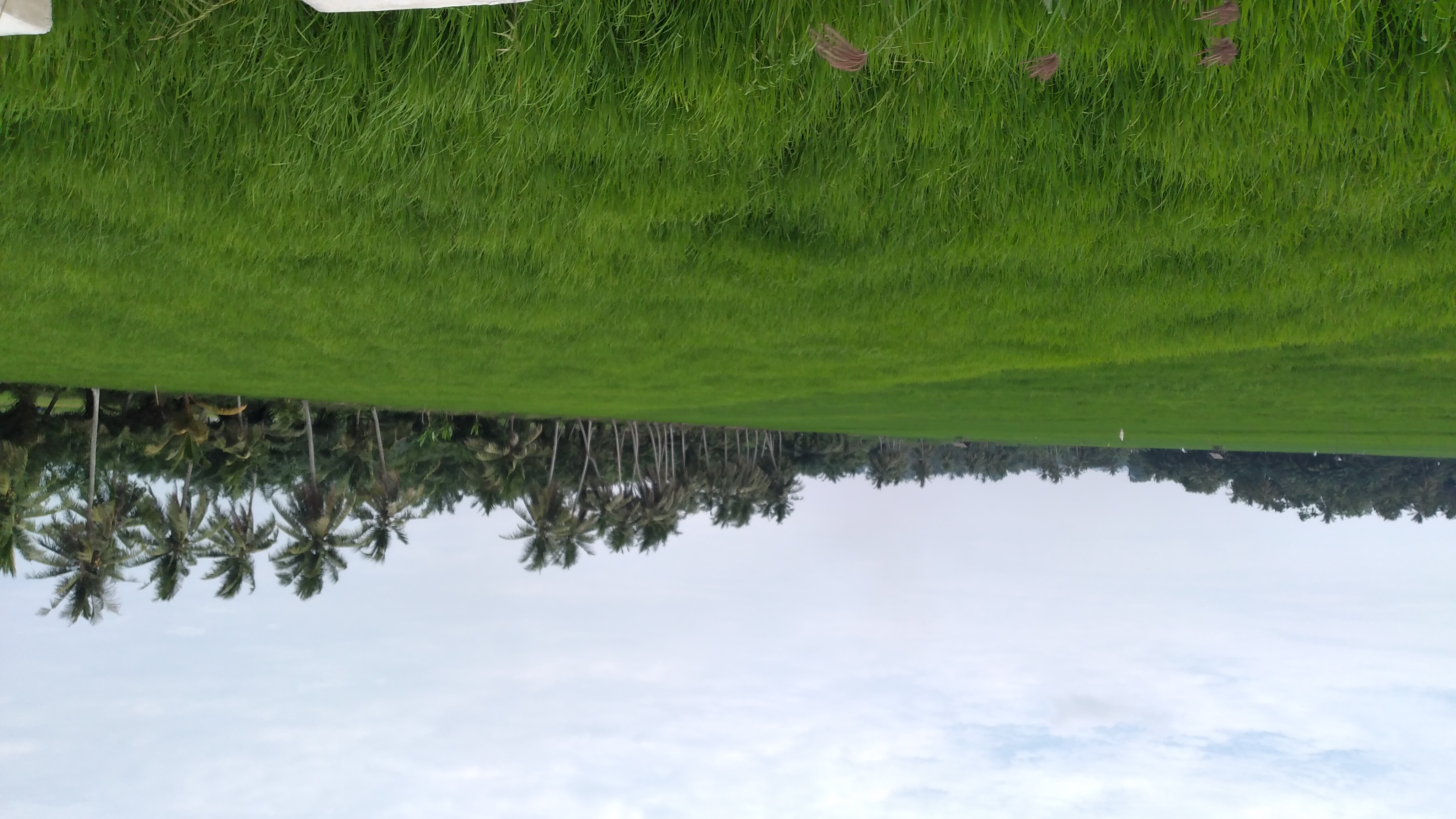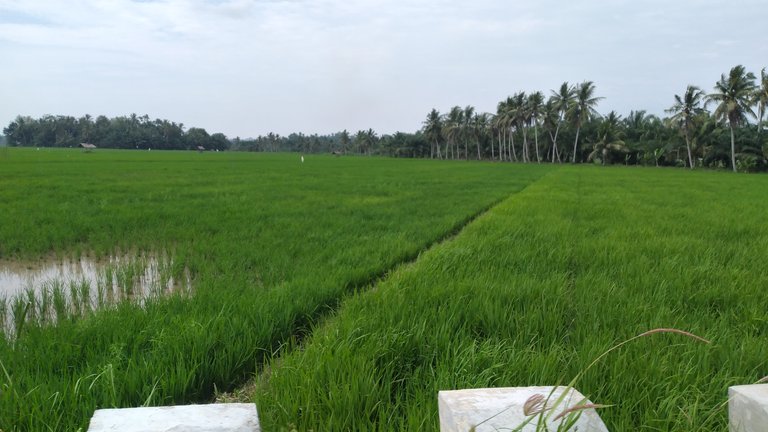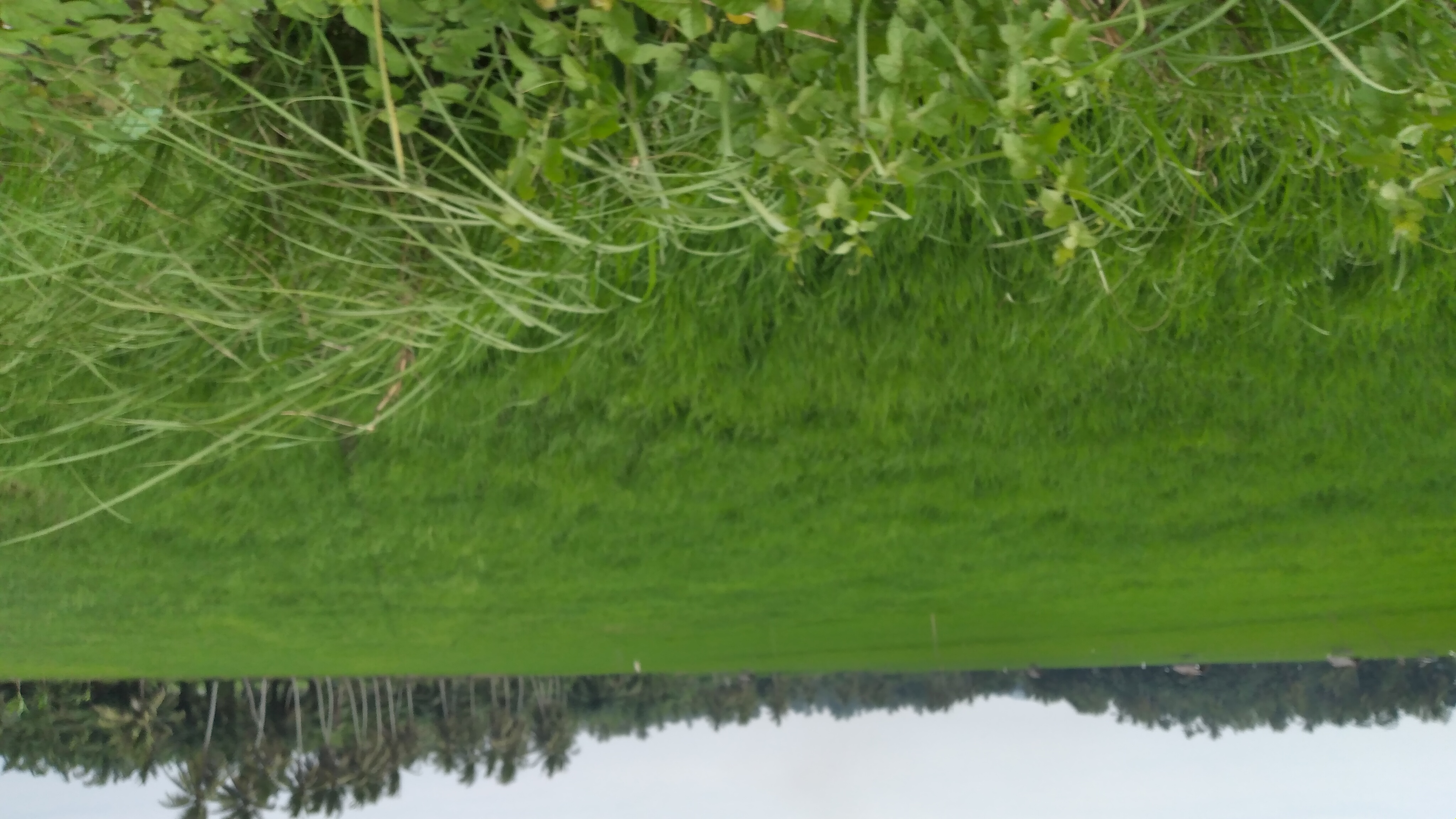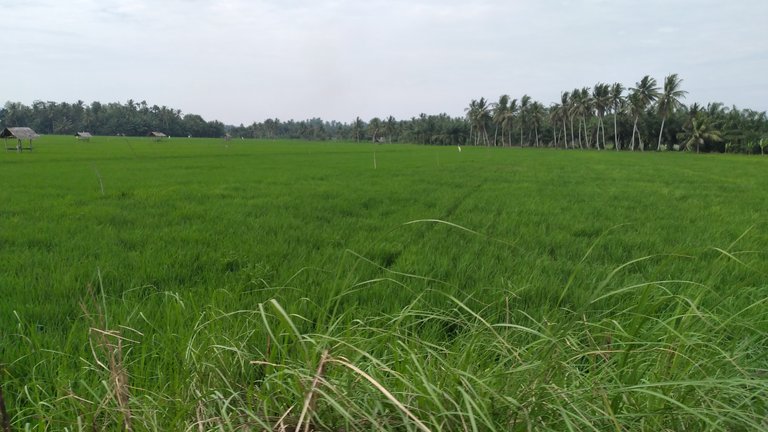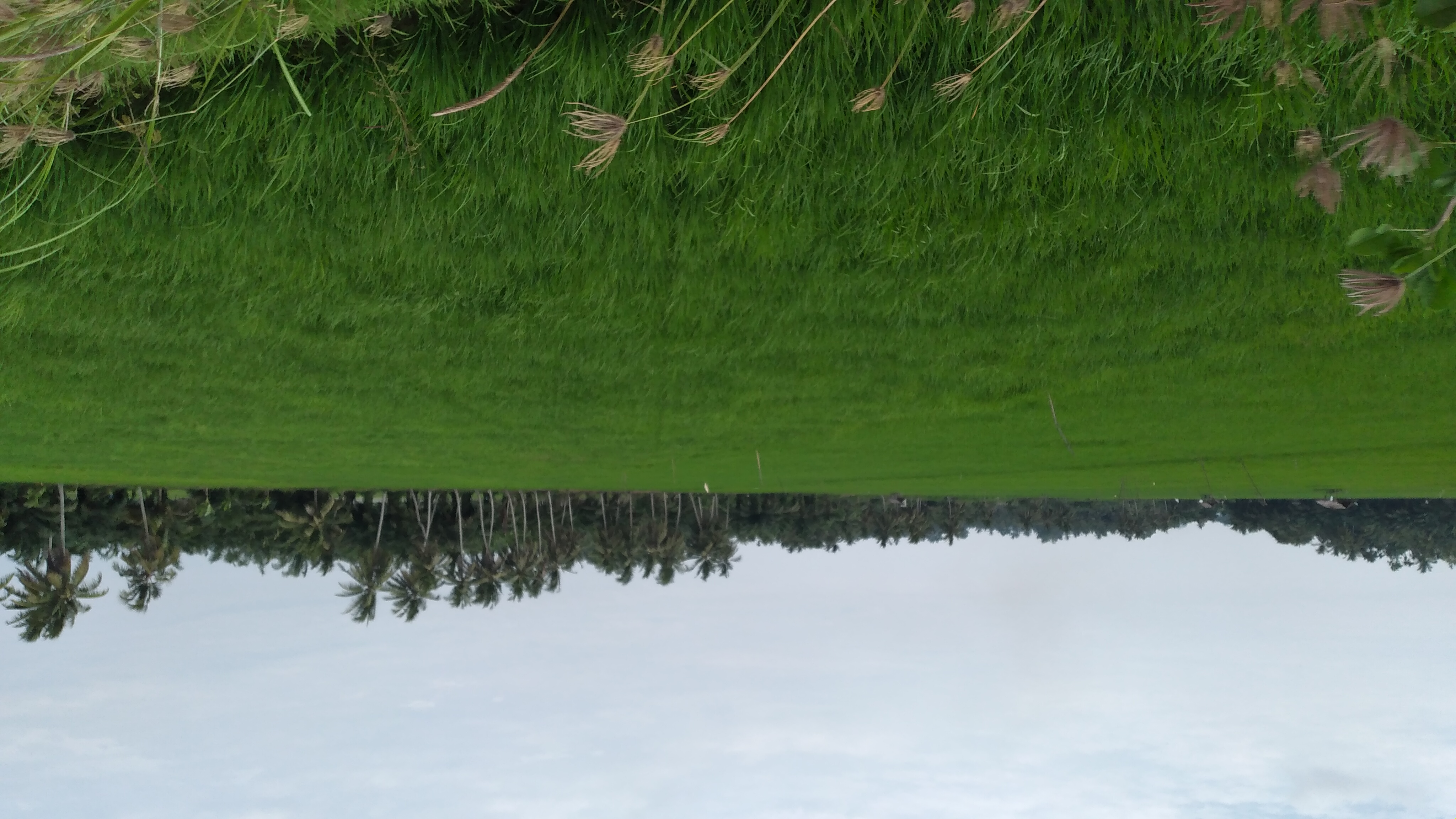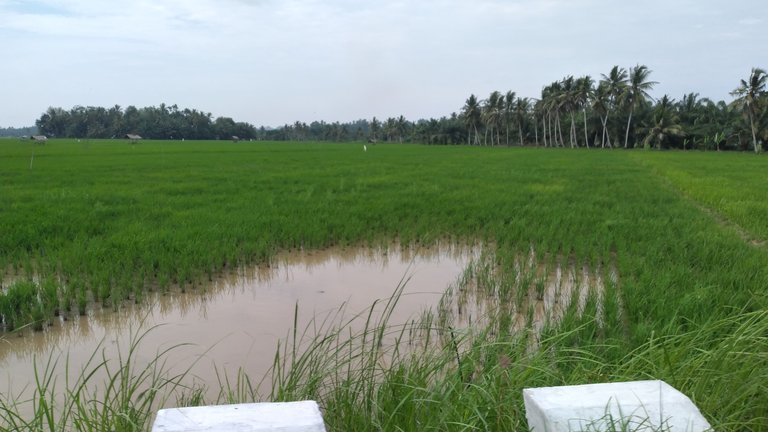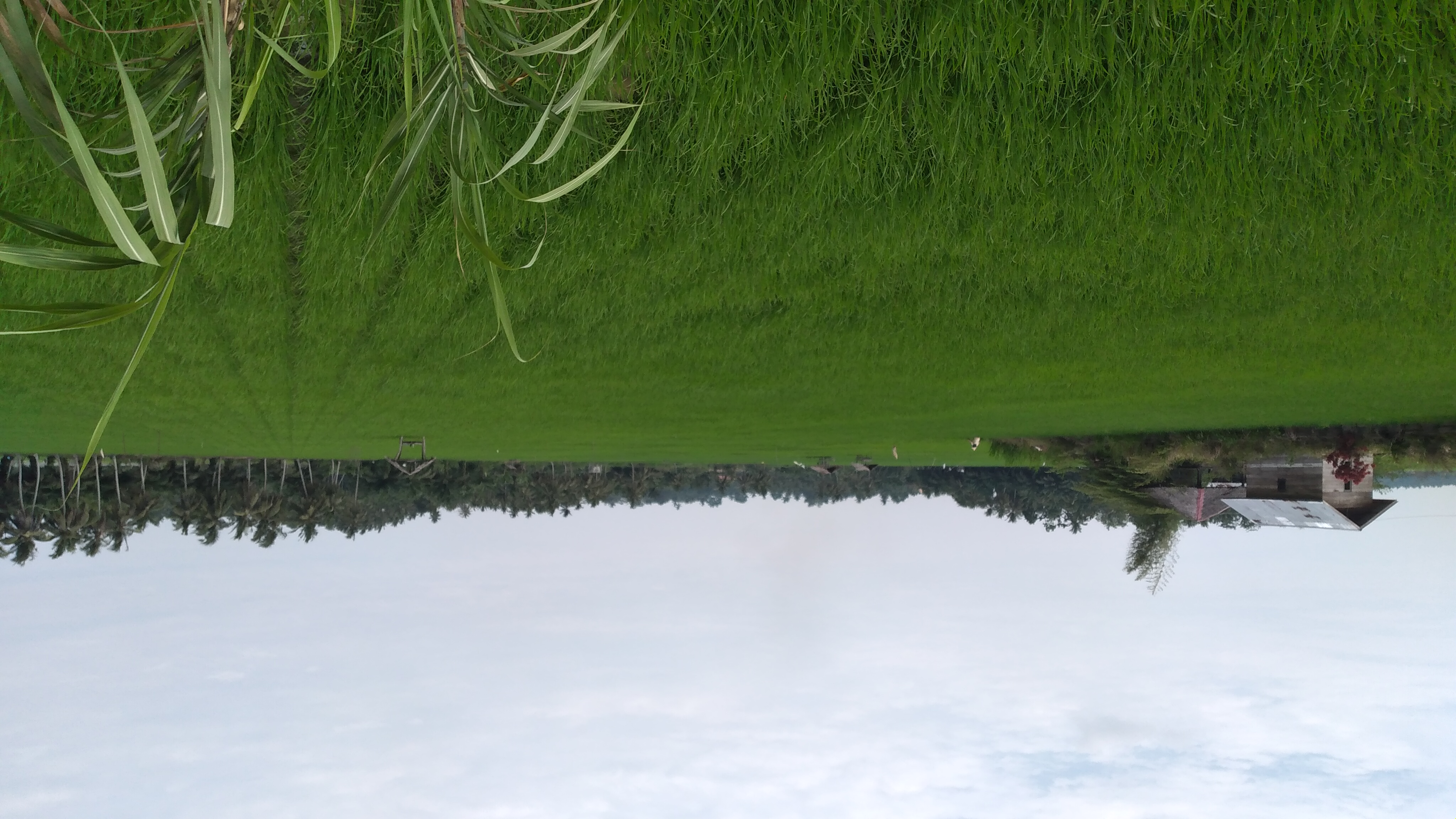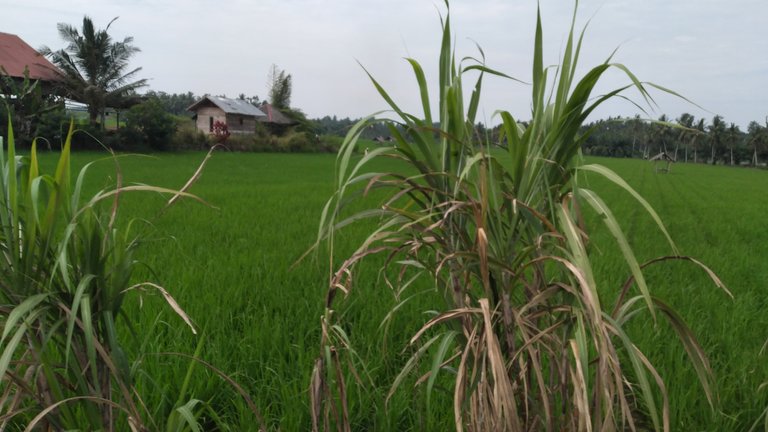
One of the main problems in Indonesia's agricultural sector is the difficulty of creating new rice fields, especially in fertile areas such as Java. At the same time, land conversion or agricultural land conversion is quite large. "The soil varieties in Java are very good and fertile compared to other islands in Indonesia," said Head of the Mainstay Farmer Fisherman Contact (KTNA) Winarno Tohir. To date, KTNA has recorded that the rate of agricultural land conversion per year has reached 100,000 hectares, the majority of which is on the island of Java. Meanwhile, the government is only able to produce 40,000 hectares of new rice fields per year. That means there is a deficit of 60,000 hectares. One way the government can cover the agricultural land deficit is by looking for new agricultural land, especially outside Java. Unfortunately, land varieties outside Java, such as Kalimantan, Sulawesi and Papua, are not as fertile as Java. "That's why there is a need for transgenic biotechnology. This means that rice can be planted on any soil such as peatlands and swamplands," he added. He noted that currently there are 33 million hectares of swamp land, consisting of 13 million hectares of lowland swamp land, and 20 million hectares of tidal swamp land. There is also 15 million hectares of peat land that can be optimized into new rice fields. "Finding fertile land on the island of Java to create new rice fields is quite difficult, that's why we use this marginal land using biotechnology," he said. Unfortunately the use of biotechnology in Indonesia is still 0%. Whereas in other countries, biotechnology is used to increase food crop production capacity. "So biotechnology seeds were created and can be planted in any soil. Countries like America have developed this, so there are no waterways there but they rely on rainwater so the seeds are adapted to the character of the soil there. Other countries like India, China and Thailand have also , we are still at 0%," he explained.
